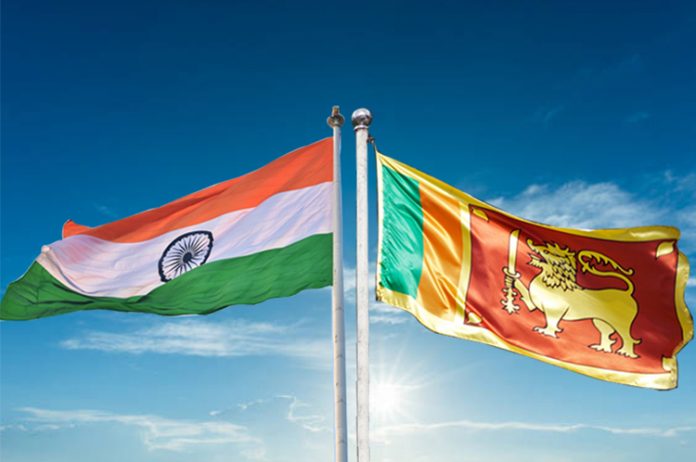Sri Lanka’s essential food importers are still waiting for money from the Indian credit lines, and industry officials said as banks were short of dollars due to money printing and high domestic credit.
The country is facing a shortage of essential commodities such as Rice, Sugar, Dhall, Chickpeas, Coriander etc as imported stocks are stuck in the Port of Colombo for not being able to clear it in the current foreign exchange crisis, commodity importers complained.
They noted that Port rent and container demurrages are being accumulating on a daily basis (in some instances the cost per Kg was Rs 35-40), they pointed out.
Members of the Essential Food Commodities Importers and Traders Association have also imported and distributed food items such as Dhall and Rice on “Suppliers Credit” (DA terms) which are overdue for settlement and some suppliers requesting for payment..
This issue has been brought to the notice of the President in a letter dated March 1 2022, P.M. Abeysekera, consultant of Essential Food Commodities Importers and Traders Association disclosed.
He added that there was a serious threat for food security in the country as most suppliers are reluctant to ship goods to Sri Lanka unless paid in advance.
“Several rounds of discussion have been held with the Trade Ministry,” Essential Food Importers and Traders Association (EFITA) Spokesperson Nihal Seneviratne said, adding that “They are trying but so far no money has come.”
The Association represents about 90 percent of the essential food importers of the country, he told reporters earlier in April at a forum of joint chambers.
Sri Lanka needs 200 million dollars a month for food imports, he said. After 1978 almost all the foods are imported to the country by the private sector.
Other than milk powder most items were available up to now though prices are rising, he said.
Food importers had brought goods to feed the people on credit since banks were not giving enough dollars and many companies were in trouble after the rupee fell in March in a botched float.
“The suppliers just trust us and send the goods to Sri Lanka (without LCs),” Senevirtne said. “That has been hampered for the last six months and there is a problem of continued supply.”
He said suppliers are reluctant to ship and are asking for money upfront.
“We can do it up to a certain extent. But there is a crisis. Other than milk powder we have managed to bring food.”
He said firms which imported goods under credit were facing massive losses after the rupee fell in March.
“Some will even bring under credit terms. What we brought under credit terms, has already been sold, calculating the dollar at 203 rupees.
“Now importers are faced with 50 million dollars (of supplies credit) which we have already sold. So they are facing bankruptcy.”
